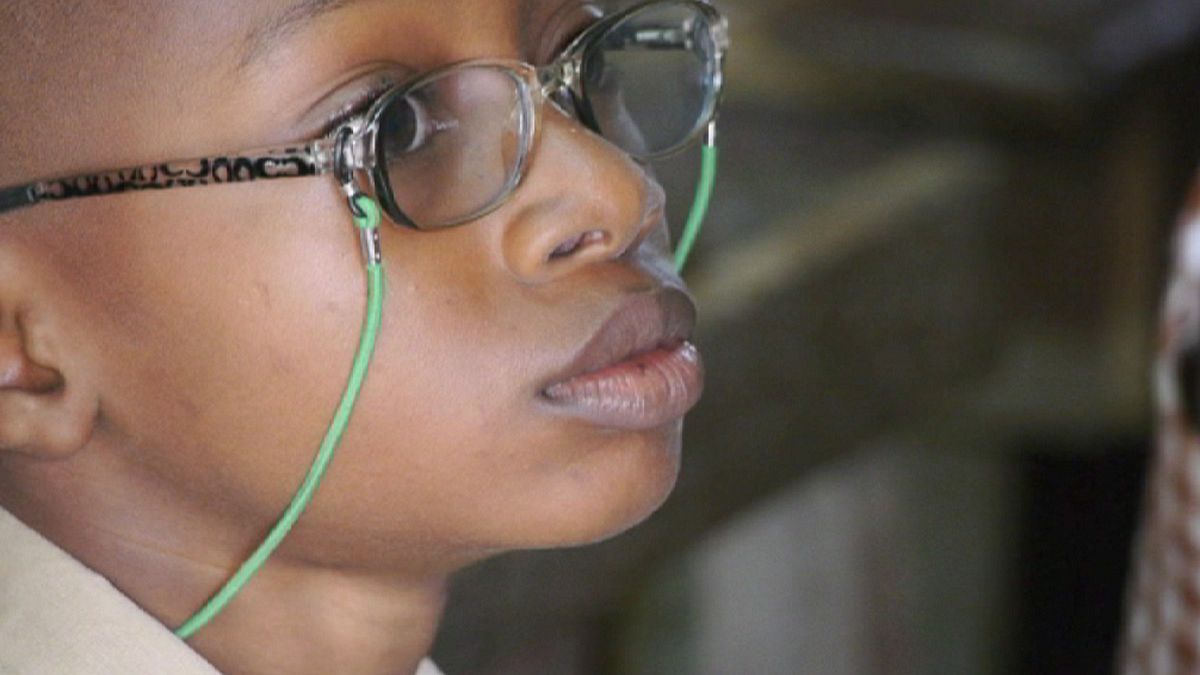According to UNICEF, in countries torn apart by armed conflict, 39 million primary school children do not go to school – and tempting them back into the classroom is tough.
Ivory Coast: Back to School
The violent power struggle in Ivory Coast closed schools all over the country. Now, as the turmoil receeds the education system is recovering and campaigners are raising awareness of trauma, and encouraging children to go back to school.
At the height of the crisis, more than one million children were out of school – and once peace was restored, getting them back into the classroom was hard. So UNICEF began a national ‘Back to School’ campaign that convinced around 80 percent of children to come back to school. The campaign involved 1,700 schools, which received teacher and student education kits, including notebooks and school bags, and nearly 5,000 teachers received pycho-social training.
For more information see:
Somalia: Home help
For over two decades, conflict and the lack of central government have devastated the Somali education system. Buildings were destroyed and teachers became refugees. As a result, only around 30 percent of children go to school.
Amina is a technical advisor, working with a programme to encourage Somali teachers to return to the country and help rebuild the education system. Where resources are scarce, effective planning is crucial. Technical advisors work closely with education ministry trainees. Finance management, human resource management, planning, policy and gender equality are all important.
For more information see
Gaza: Reaching out
In Gaza, 60 percent of the population is under 18 years old. The NGO Al Fakhoora provides education grants for students, but only 20 percent of them find jobs once they are qualified. The idea is to educate young people who will pass on their knowledge to the rest of the population. For example, Hala used her grant to get a diploma in fashion, and then she opened up her own shop.
Hala said: “Actually, as you can see, the project not only employs three girls and a man, it involves women who work from home, doing embroidery. So actually the project is feeding lot of people and it involves different people. I hope to build this buisiness more and more so that I can even export out of Gaza.”
Al Fakhoora is working to keep young people in touch with the world outside Gaza by organising trips, and using virtual workshops and social networks. Their students are in touch with students in the United States, and in Qatar.
